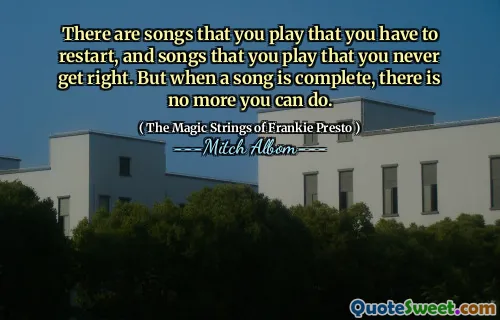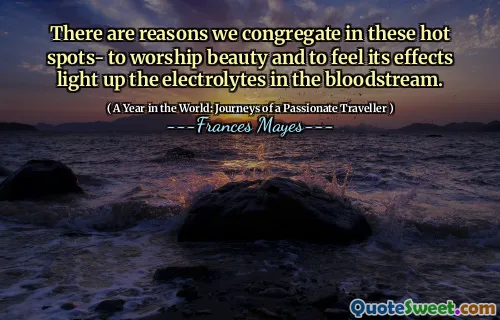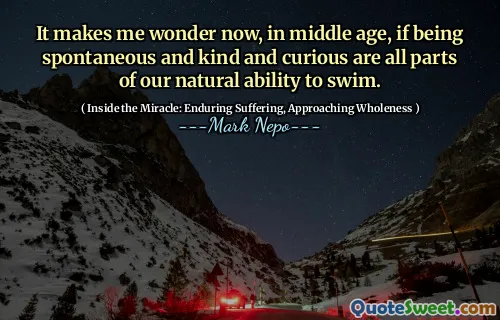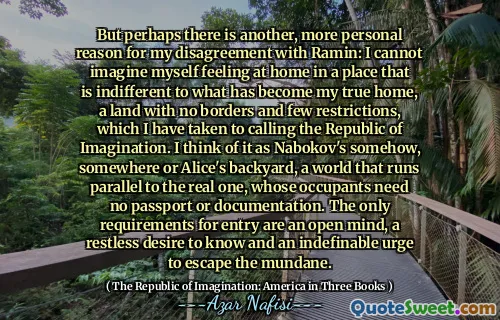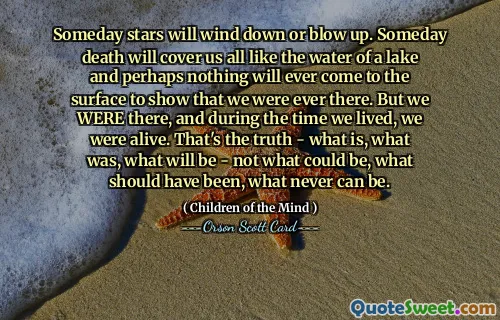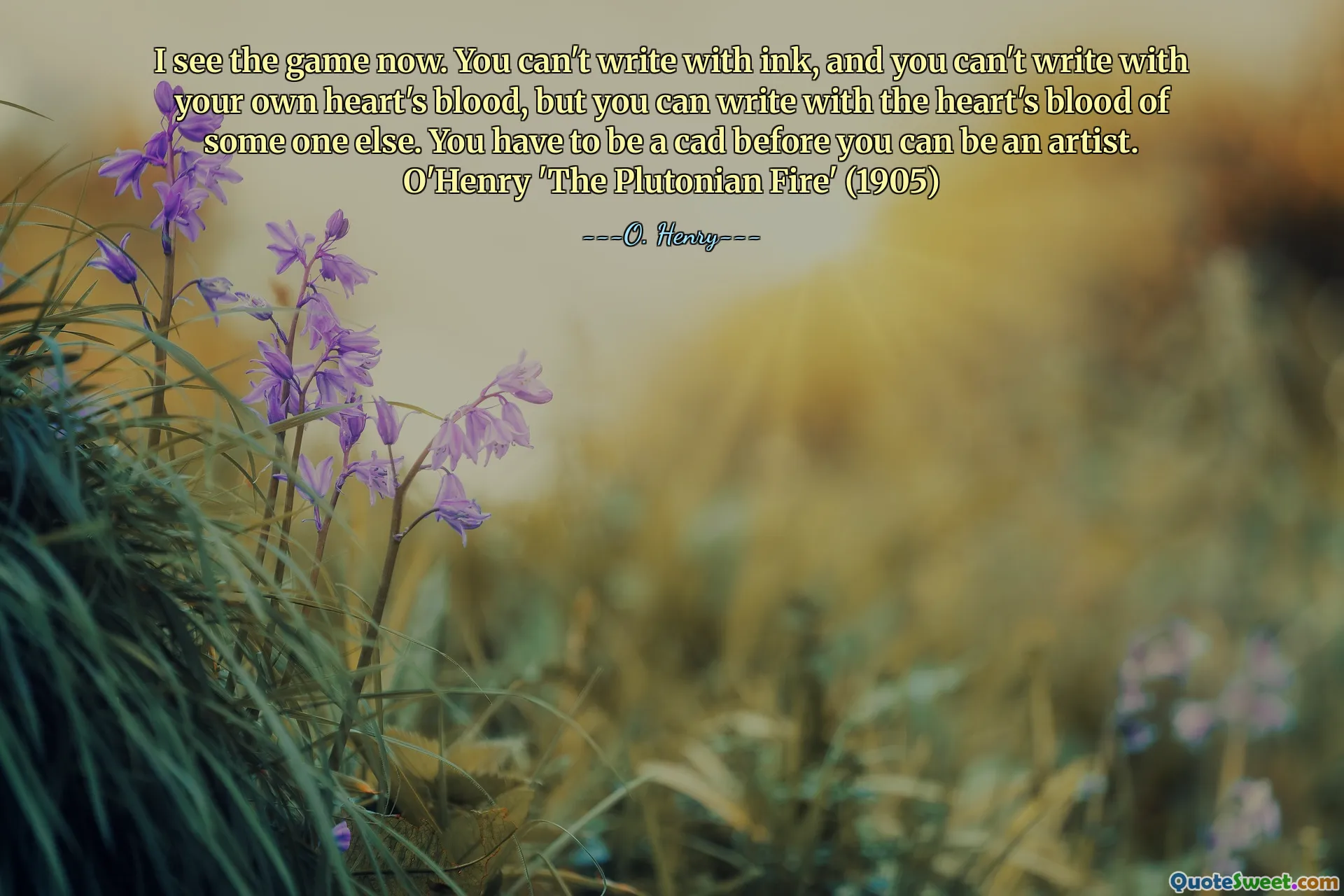
I see the game now. You can't write with ink, and you can't write with your own heart's blood, but you can write with the heart's blood of some one else. You have to be a cad before you can be an artist. O'Henry 'The Plutonian Fire' (1905)
This thought-provoking quote by O. Henry delves into the complex relationship between artistry, morality, and the sacrifices made for creativity. It suggests that true artistic creation often involves a certain moral cost or a willingness to compromise one's integrity. The metaphor of not being able to write with ink or one's own blood highlights the idea that authentic expression cannot be derived from selfish or destructive sources. Instead, it should draw inspiration from the courage and sacrifices of others, symbolized by writing with another's blood—an act that signifies deep empathy or the utilization of others' struggles for personal gain.
Furthermore, O. Henry seems to imply that achieving greatness or artistic excellence often requires a degree of moral flexibility—being a "cad" or morally dubious person before becoming an artist. This raises enduring questions about the ethics of creativity: does true art necessitate at some point crossing moral boundaries? Or can one create meaningful art within ethical limits?
The quote prompts reflection on the nature of inspiration and authenticity. Is the pursuit of artistic mastery inherently intertwined with the moral compromises we make? Or can genuine artistry be achieved through integrity and empathy? Ultimately, O. Henry challenges us to consider whether the sacrifices we make in our creative endeavors diminish us or if they expose a deeper truth about the human condition and the costs of artistic achievement.
This layered message encourages introspection about our own pursuits—whether in art or life—and the ethical boundaries we are willing or obliged to navigate in our quest for meaning and excellence.






